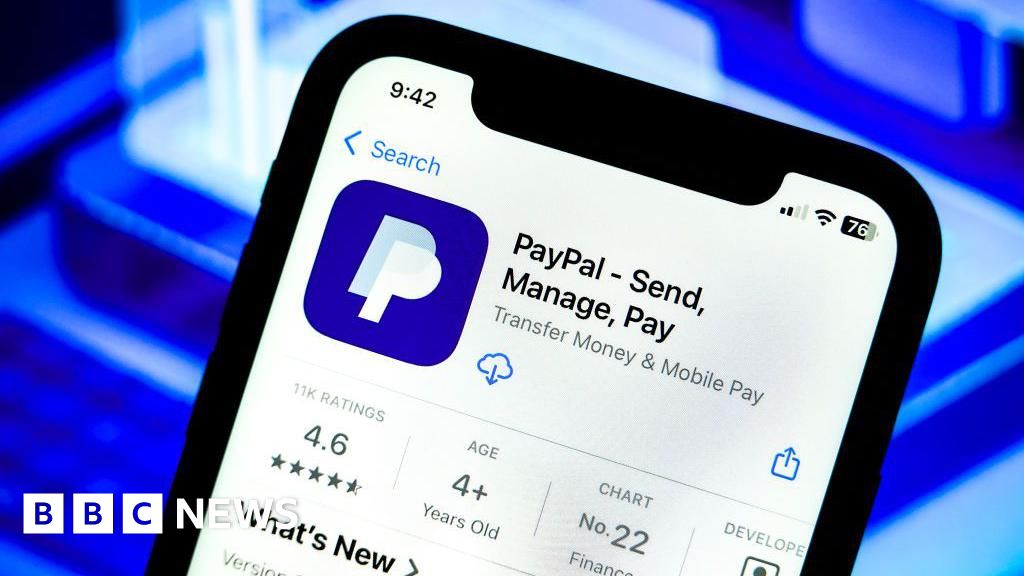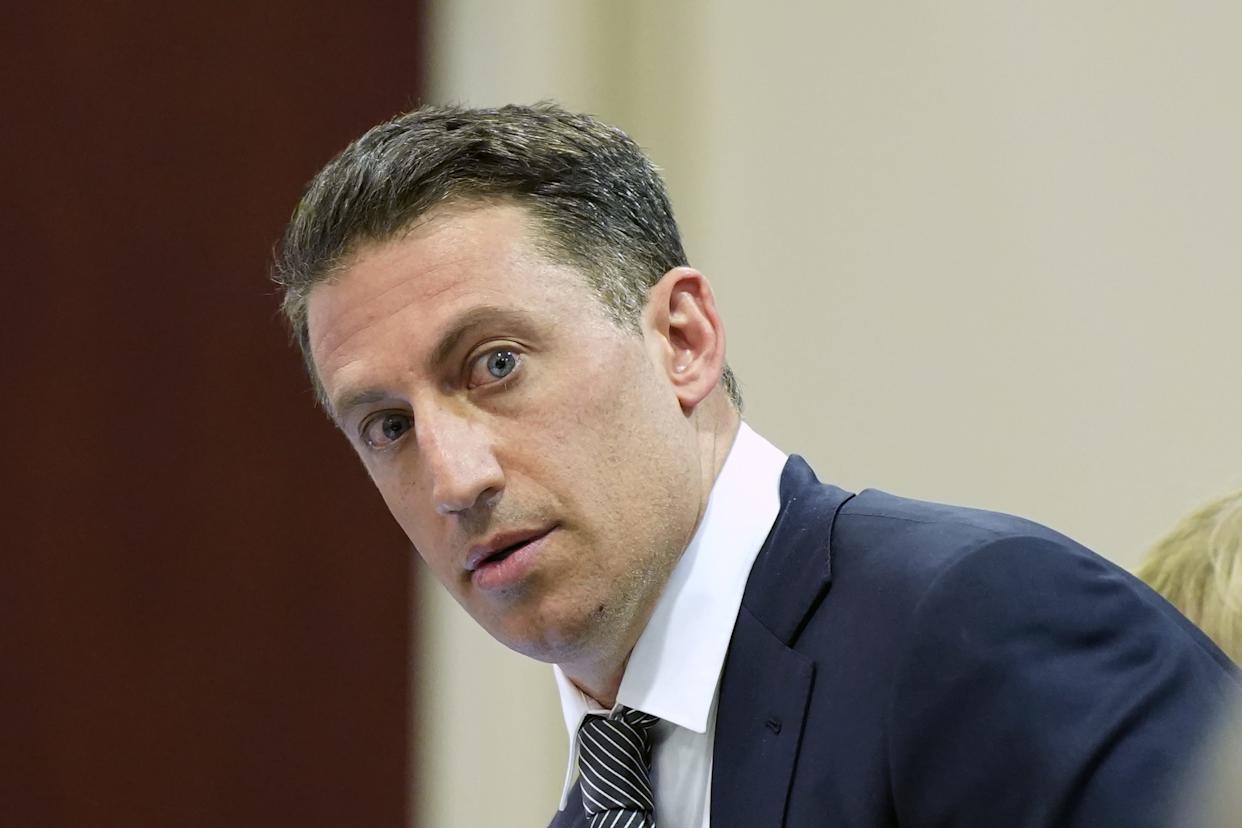European banks have seen widespread unauthorised direct debits from PayPal accounts, the German Savings Banks Association (DSGV) says.
The German newspaper Sueddeutsche Zeitung (SZ) states that payments worth around 10 billion euros (£8.6bn) have had to be blocked, following failures in PayPal's fraud-checking system.
Payments were paused on Monday when lenders reported millions of suspicious direct debits linked to the payment platform. The DSGV confirmed there had been incidents involving unauthorized direct debits initiated by PayPal against various credit institutions.
The BBC has reached out to PayPal for comment regarding this issue.
In a communication to Reuters, PayPal acknowledged that certain transactions from our banking partners and potentially their customers were affected due to a temporary service interruption.
A spokesperson from PayPal stated, We quickly identified the cause and are working closely with our banking partners to ensure that all accounts have been updated. The DSGV mentioned that PayPal had acknowledged the disruptions and assured that the problem had been resolved.
Payment transactions to and from PayPal resumed normal operations thereafter.
Nonetheless, the DSGV highlighted the significant impact these incidents had on payment transactions throughout Europe, especially in Germany. Meanwhile, supervisory authorities have been notified about the PayPal disruptions.
PayPal seeks to mitigate scams before they reach banks by utilizing a security system intended to combat fake direct debits typically set up by criminals. Such schemes often involve tricking individuals into providing their banking details while posing as financial entities over the phone.
According to SZ, the system failed to function correctly on Monday, resulting in both legitimate and counterfeit debits being processed without adequate checks.
Consequently, shares in the payment company dropped by 1.9% on Wednesday following the revelations.





















